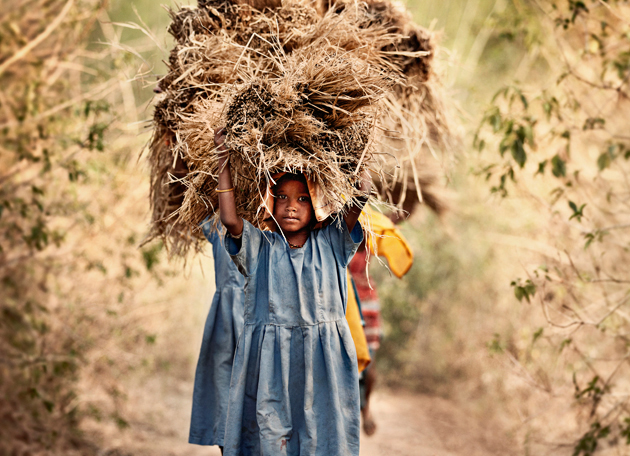
On any given day, most of us flip on a light switch, turn on a faucet, boot up a computer, and use a stove to cook a meal — all without giving much thought to what it takes to provide electricity, clean water and clean air.
Access to energy for the “energy impoverished” (as assessed by Gautam Yadama, PhD) was top of mind when Washington University’s McDonnell Academy Global Energy and Environment Partnership (MAGEEP) convened in Mumbai, India, Dec. 6–12, 2012.
But millions of people around the world do not have that luxury. According to estimates from the United Nations, World Health Organization and others, some 1.3 billion people worldwide lack electricity. Further, approximately 3 billion rely on solid fuels — wood, coal, charcoal and crop waste — to cook their food. And cooking this way releases dense black smoke into the air, which causes significant health and environmental problems.
Access to energy for the “energy impoverished” (as assessed by Gautam Yadama, PhD, associate professor of social work) was top of mind when Washington University’s McDonnell Academy Global Energy and Environment Partnership (MAGEEP) convened in Mumbai, India, Dec. 6–12, 2012. The conference — the Fourth International Symposium on Energy and Environment: ACCESS (Abundant Clean Cost-effective Energy Systems for Sustainability) — was co-hosted by Washington University in St. Louis (WUSTL), the Indian Institute of Technology Bombay (IIT Bombay) and the Tata Institute of Social Sciences (TISS). About 40 Washington University faculty and staff attended the symposium.
According to Chancellor Mark S. Wrighton, strengthening ties with important countries and their leaders, particularly India, is a key part of the university’s global agenda.
“India is the world’s largest democracy. English is the language of science and technology, and we have three great academic partners there,” Wrighton says. “India is growing economically, and it will be the world’s largest country population-wise at mid-century. It represents a country where, frankly, we’ve been a little underinvested in our efforts, considering the scale of the country.”
“One of the reasons we came together was to discuss the science behind developing cleaner fuels, cleaner combustion technologies and alternatives, and the dissemination and implementatoin of promising technologies to improve the lives of the very poor.”
—Gautam Yadama, PhD
Regarding the symposium, Yadama says, “One of the reasons we came together was to discuss the science behind developing cleaner fuels, cleaner combustion technologies and alternatives, and the dissemination and implementatoin of promising technologies to improve the lives of the very poor. And part of our agenda was to figure out where synergies may lie in the MAGEEP network. Also, we discussed the necessity of making alternatives affordable.”
For Pratim Biswas, PhD, director of MAGEEP, chair of WUSTL’s Department of Energy, Environmental and Chemical Engineering, and the Lucy and Stanley Lopata Professor, a main objective of the meeting was to “discuss the results of existing projects under way, as well as launch several new initiatives that need collaborative action.”
Several key initiatives discussed there have moved on to next steps:
Clean coal technology. Symposium sessions focusing on coal concluded with the announcement of a global coal network to work collaboratively to address environmental challenges. It includes the world’s largest producers and consumers of coal — India (IIT Bombay), China (Tsinghua University), Australia (University of Queensland) and the United States (WUSTL). The idea is to build on what Washington University has been doing since December 2008 with its Consortium for Clean Coal Utilization, sponsored by Peabody Energy, Arch Coal and Ameren.
There will be a formal launch of the coal network in June, says Biswas. “Some white papers are in preparation. There will be a nodal network of these four countries; we already have a lot going on with them.”
The goal is to replace the diesel with solar panels and reduce costs. “But we need energy storage systems, like batteries, so we are going to work on deployment projects, off-grid scenarios, and even creating a social transformation in remote parts of India.”
—Pratim Biswas, PhD
Solar energy. SERIIUS — the Solar Energy Research Institute for India and the United States — was launched at the symposium with $25 million coming from the U.S. and Indian governments and $37 million from industry. The intent is to start with pilot studies in the field, says Biswas. “In India, there are many regions where there is no grid, that are still sitting in the dark. So if we could deploy some of these solar systems in rural areas, that would be great.”
Biswas notes that India has some 850 million cell phones. And while there is good access to the network even in remote areas, mobile towers are fueled with diesel generators, and diesel is expensive. The goal is to replace the diesel with solar panels and reduce costs. “But we need energy storage systems, like batteries, so we are going to work on deployment projects, off-grid scenarios, and even creating a social transformation in remote parts of India,” he says.
Partners include the National Renewable Energy Lab in the United States, the Indian Institute of Science Bangalore, as well as Indian NGOs and policy think tanks. St. Louis–based MEMC contributed $1.25 million and is working with solar energy in several villages in India through its company, Sun Edison. Biswas says, “So we might piggyback and scale those up.”
Joint Executive MBA degree. At the December meeting, Washington University agreed to plan a program to offer the Executive MBA degree jointly with IIT Bombay. A follow-up meeting took place in Mumbai March 25, 2013, co-convened by Chancellor Wrighton and Devang Khakhar, PhD, director of IIT Bombay. Wrighton says they invited corporate leaders from India-headquartered companies and U.S.-headquartered companies with an interest in Indian business “to discuss how our universities can help these companies.”
Other WUSTL leaders attending included Mahendra Gupta, dean of Olin Business School and the Geraldine J. and Robert L. Virgil Professor of Accounting and Management; James V. Wertsch, vice chancellor for international affairs and the Marshall S. Snow Professor in Arts & Sciences; and Professor Biswas.
While the discussions about the joint EMBA program were central to the meeting, Biswas says the intent was also to scale up WUSTL’s India Initiative (www.india.wustl.edu), which includes more than 25 collaborative research projects in energy and environment. Another goal was “to create an IIT Bombay–Washington University corporate network” to raise resources to support collaborative projects. (Another meeting is scheduled to take place in St. Louis in the fall, October 18–19, 2013.)
MAGEEP educational network. Another discussion point in Mumbai was how the McDonnell Academy partner universities, all engaged in education, could promote interaction among faculty on issues of energy and environment. Biswas says that faculty from the partner universities will “develop content, deliver content, bringing in some online components.” A key feature will be partnerships with industry, government and NGOs.
Water energy nexus and the aerosols and air quality network. Discussions continue on these important challenges, addressed in sessions at the global meeting.
Cookstove project. The complex problems associated with using solid fuels to cook meals on a daily basis in poor regions of rural India are dramatically documented in a book by Professor Yadama with photography by Mark Katzman. The book, Portraits of the Energy Impoverished: Fire, Fuel and the Fate of 3 Billion, was introduced to the symposium participants. (An updated version of the book, which is titled Fires, Fuel & the Fate of 3 Billion: The State of the Energy Impoverished, is forthcoming from Oxford University Press.)
“Regular, routine access to clean combustion, clean fuels is paramount for two reasons. One, it has significant environmental impacts… The second … is that when you burn these fuels, they are very harmful to the health of women and children.”
—Gautam Yadama
Yadama says, “Regular, routine access to clean combustion, clean fuels is paramount for two reasons. One, it has significant environmental impacts, because when you burn solid fuels, it’s a climate concern as well. The second reason why this is absolutely critical is that when you burn these fuels, they are very harmful to the health of women and children.” Everybody in the household is affected, but women and children are most exposed.
Washington University researchers Yadama; Biswas; Mario Castro, MD, professor of medicine and pediatrics; and Kenneth Schechtman, PhD, associate professor of biostatistics, have received funding from the National Institute of Environmental Health Sciences to expand their work on more efficient cookstoves.
As a result of the global meeting, Wrighton says: “We developed a lot of important contacts. In terms of outcomes so far, we are strengthening the number and scope of our research collaborations.”
Yadama says that Tata Institute of Social Sciences is “very keen to work with us on issues of the environment and development as it impacts people.
“There’s a lot of steam that has now been built up, and I think that in India, between IIT Bombay and TISS, along with the NGO collaborations, we can really leverage a very strong research and education program that is transdisciplinary in nature and that focuses on energy, environment and development with ‘ACCESS’ as the theme.”
Mary Ellen Benson is a freelance writer based in St. Louis and a former executive editor of Washington.
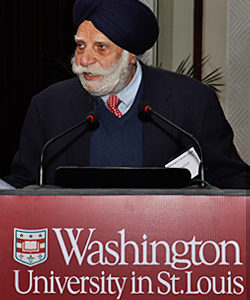
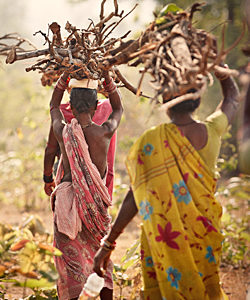
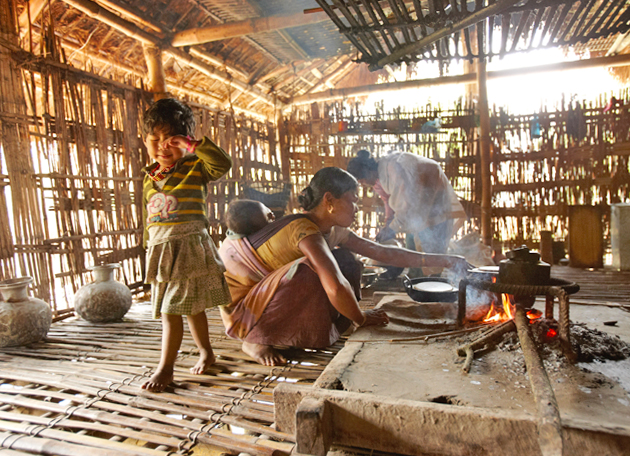
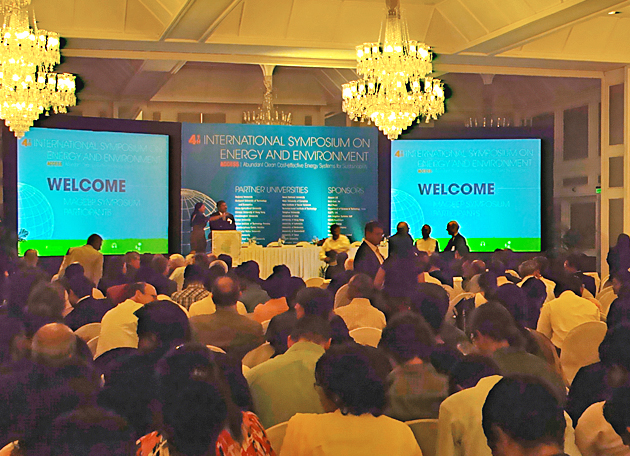
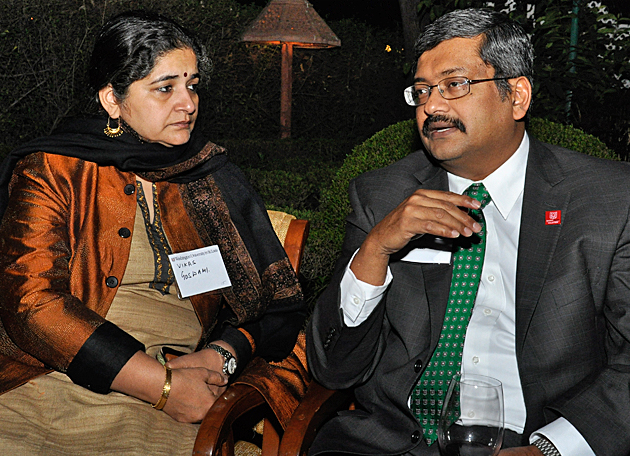
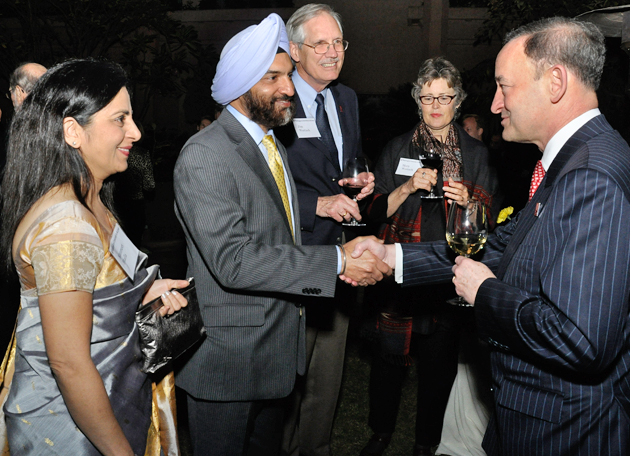
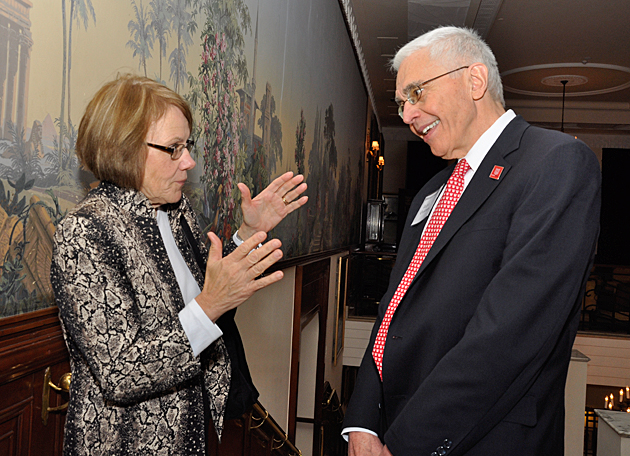
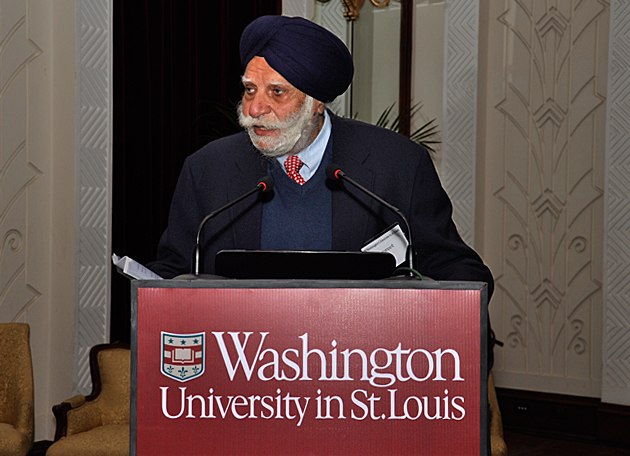
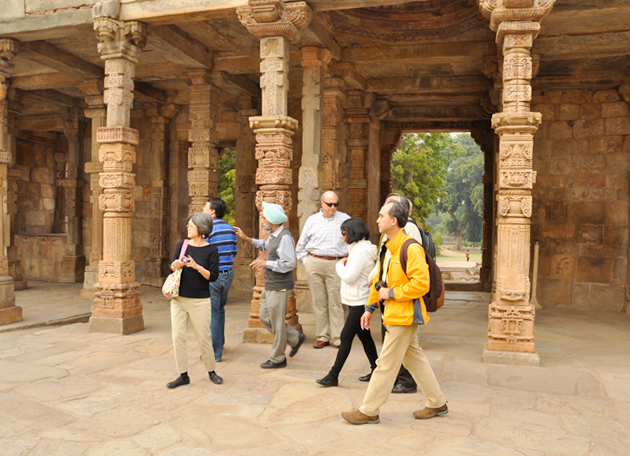

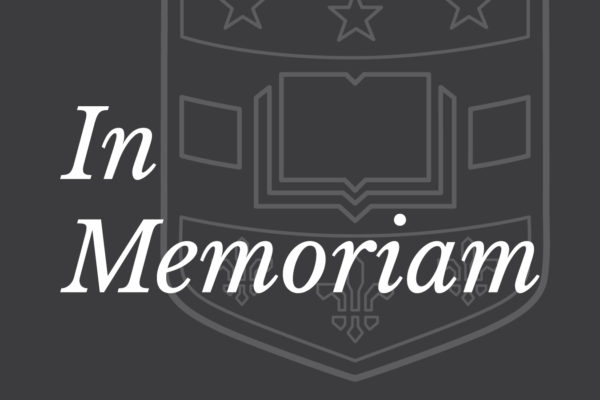
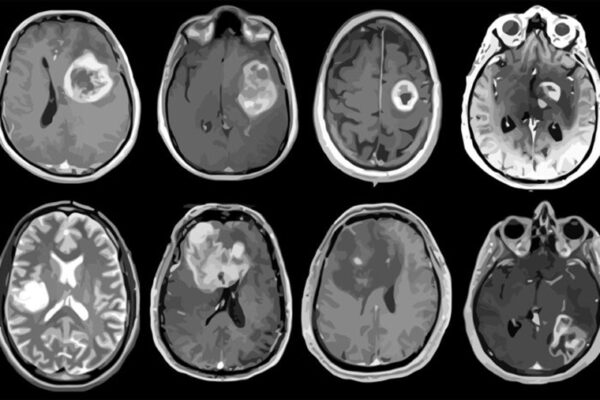
Comments and respectful dialogue are encouraged, but content will be moderated. Please, no personal attacks, obscenity or profanity, selling of commercial products, or endorsements of political candidates or positions. We reserve the right to remove any inappropriate comments. We also cannot address individual medical concerns or provide medical advice in this forum.